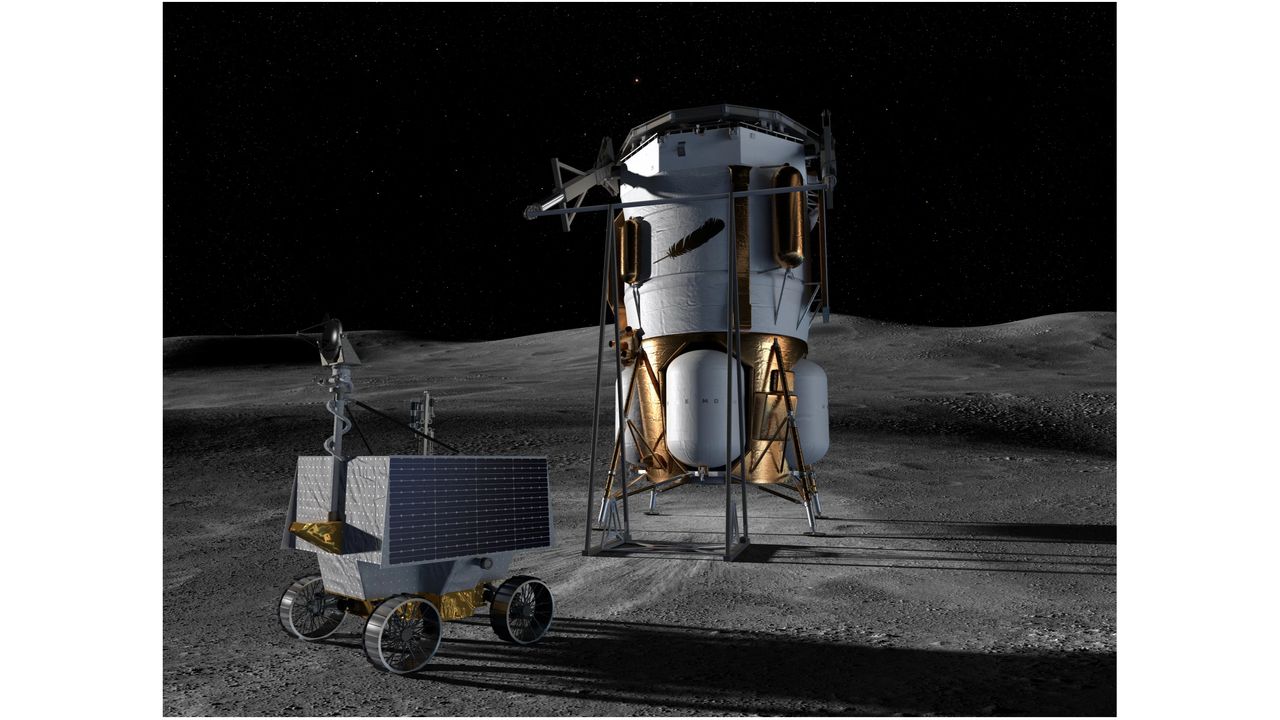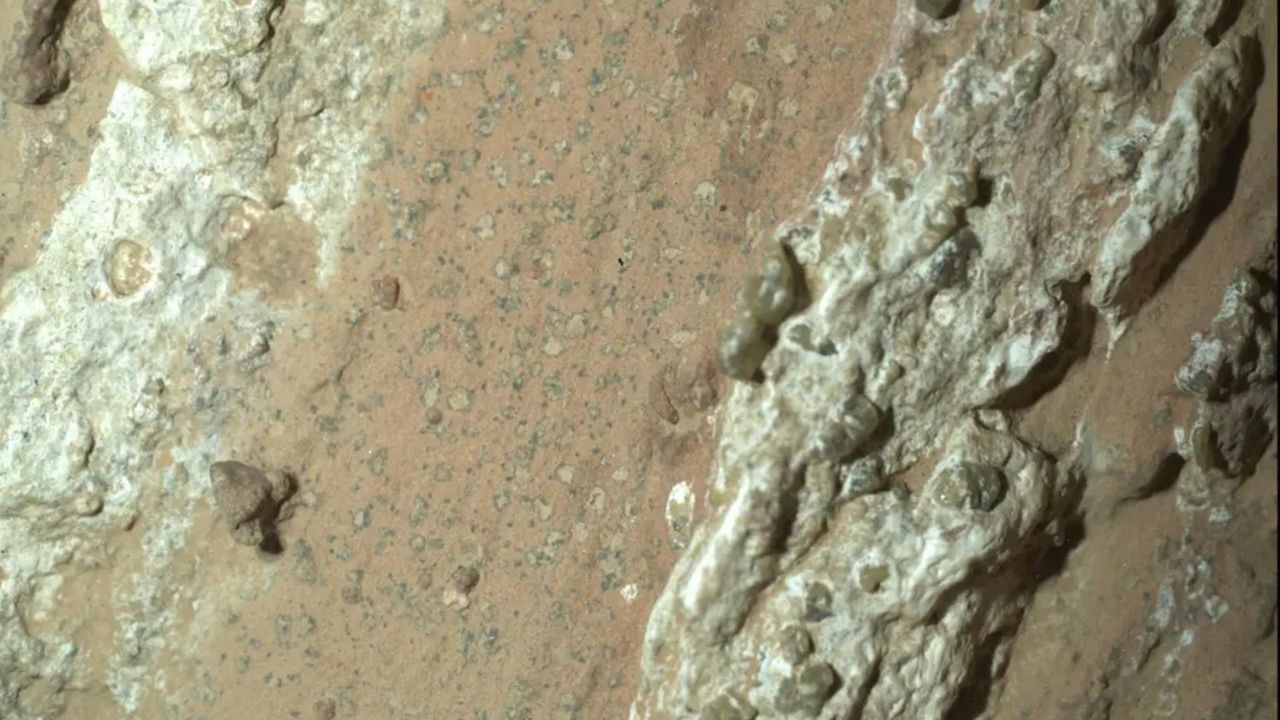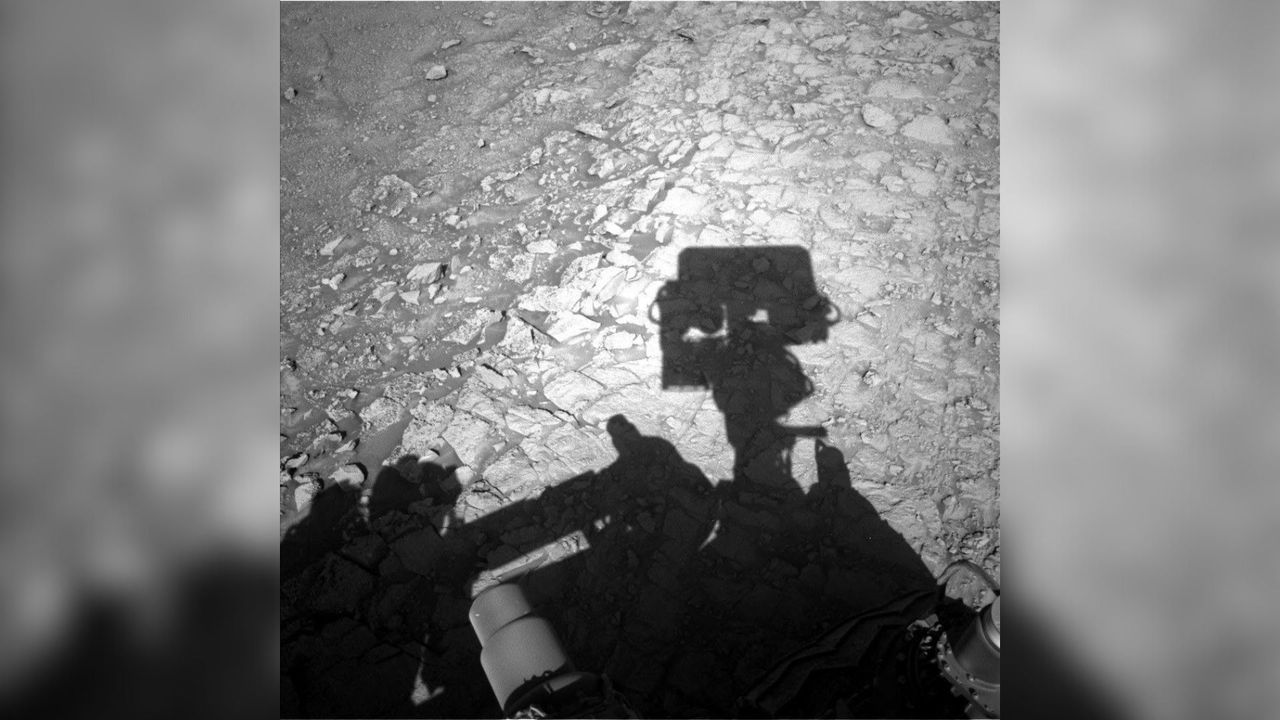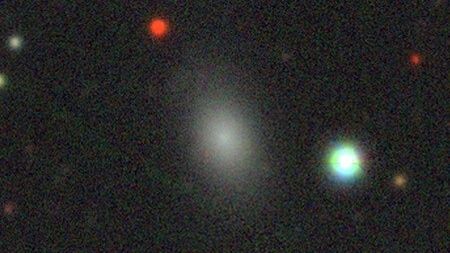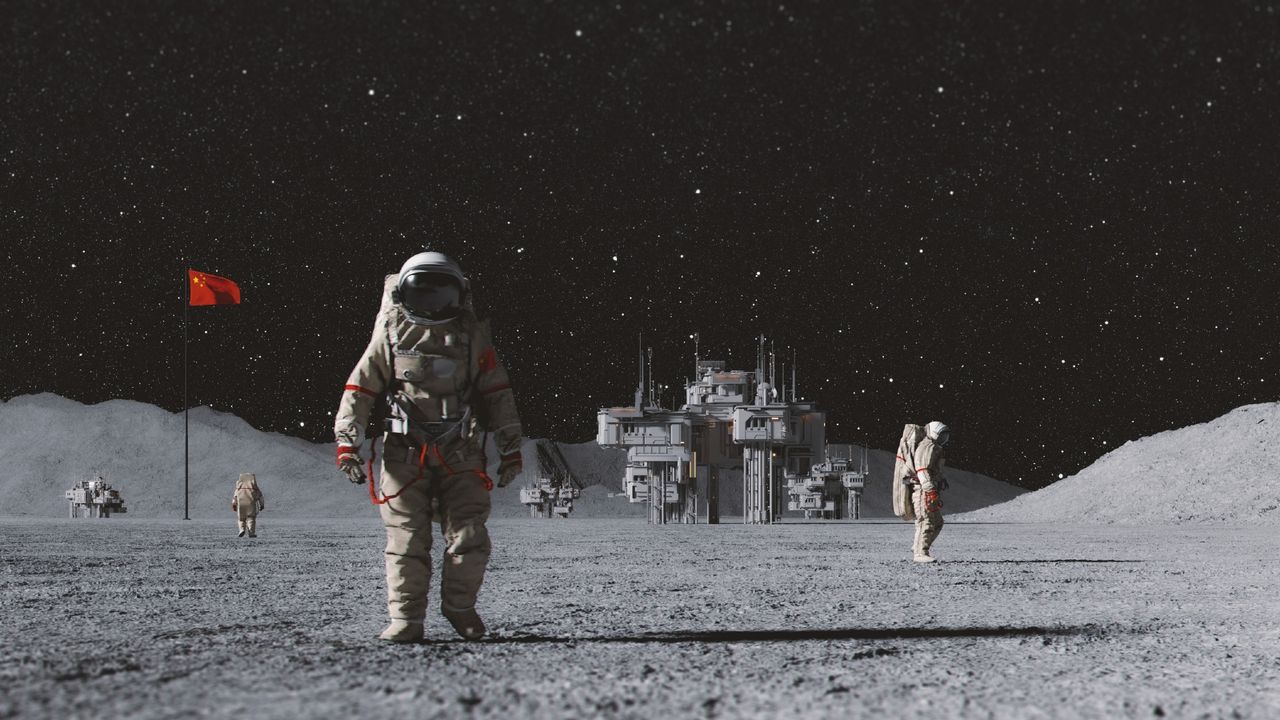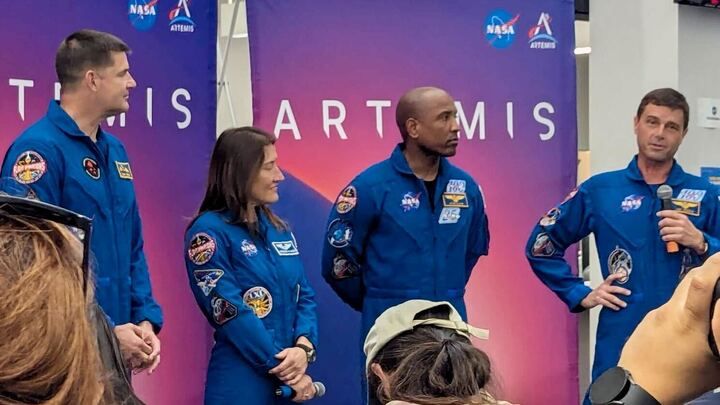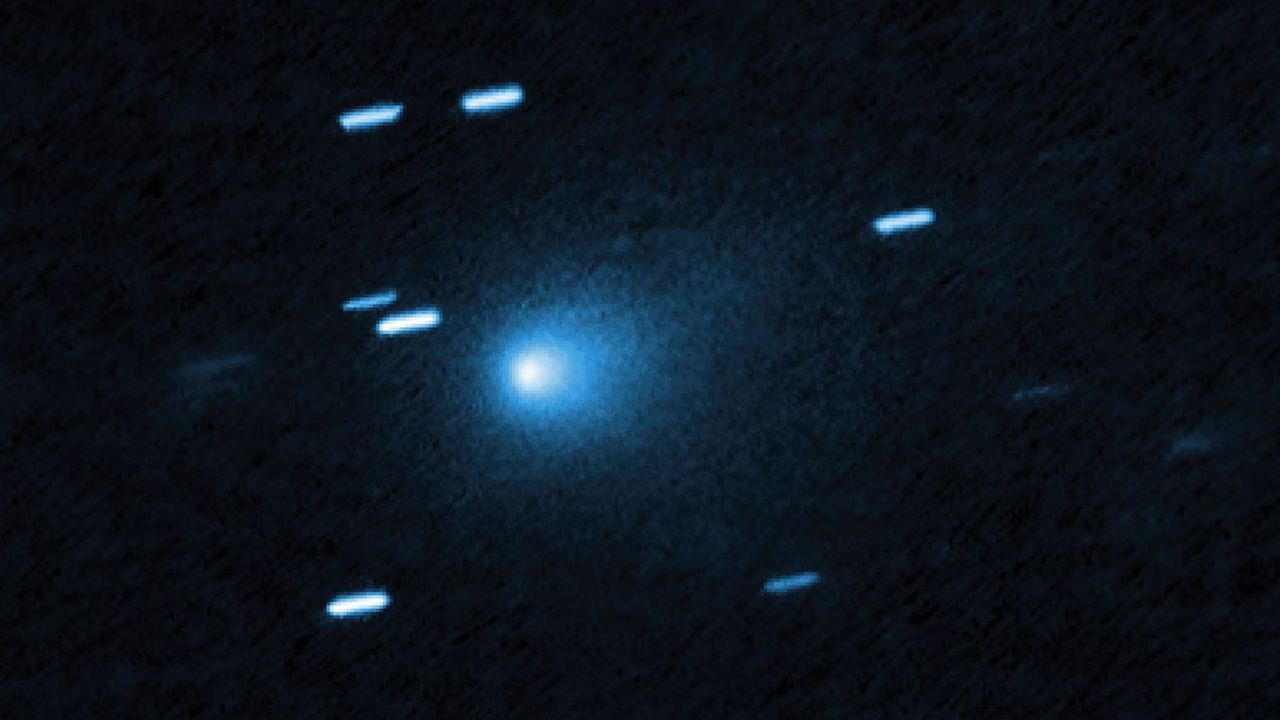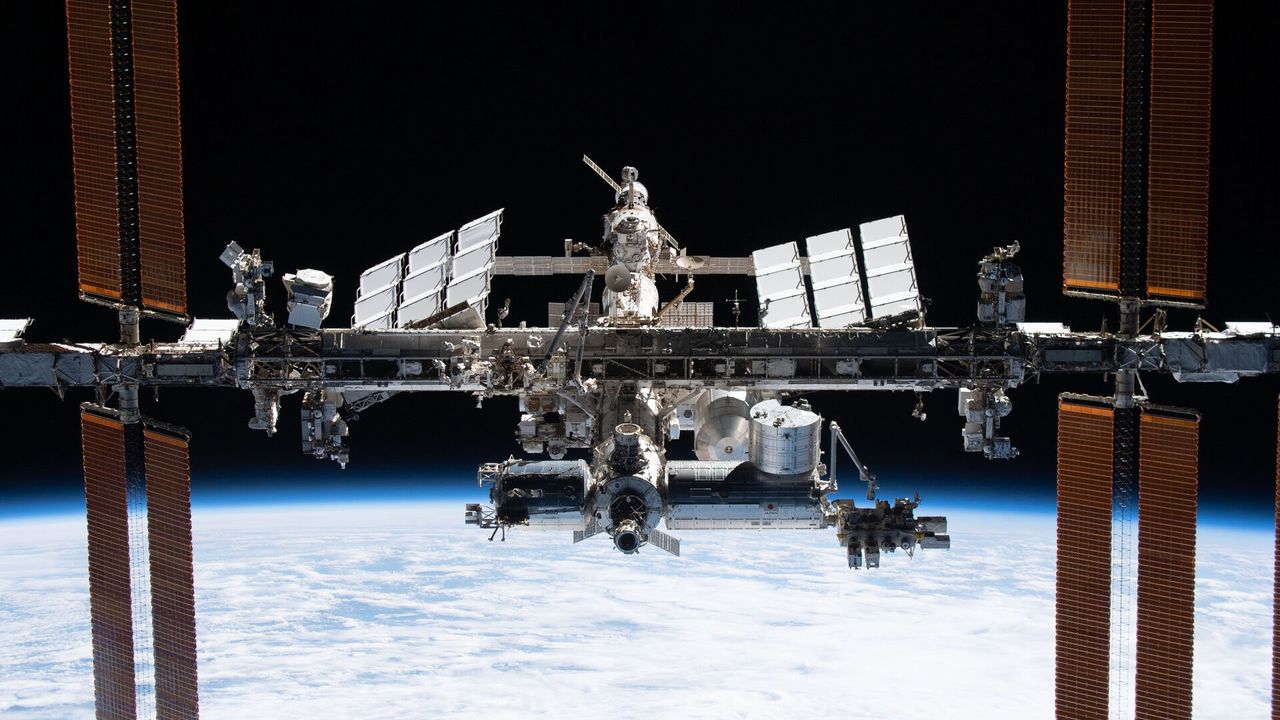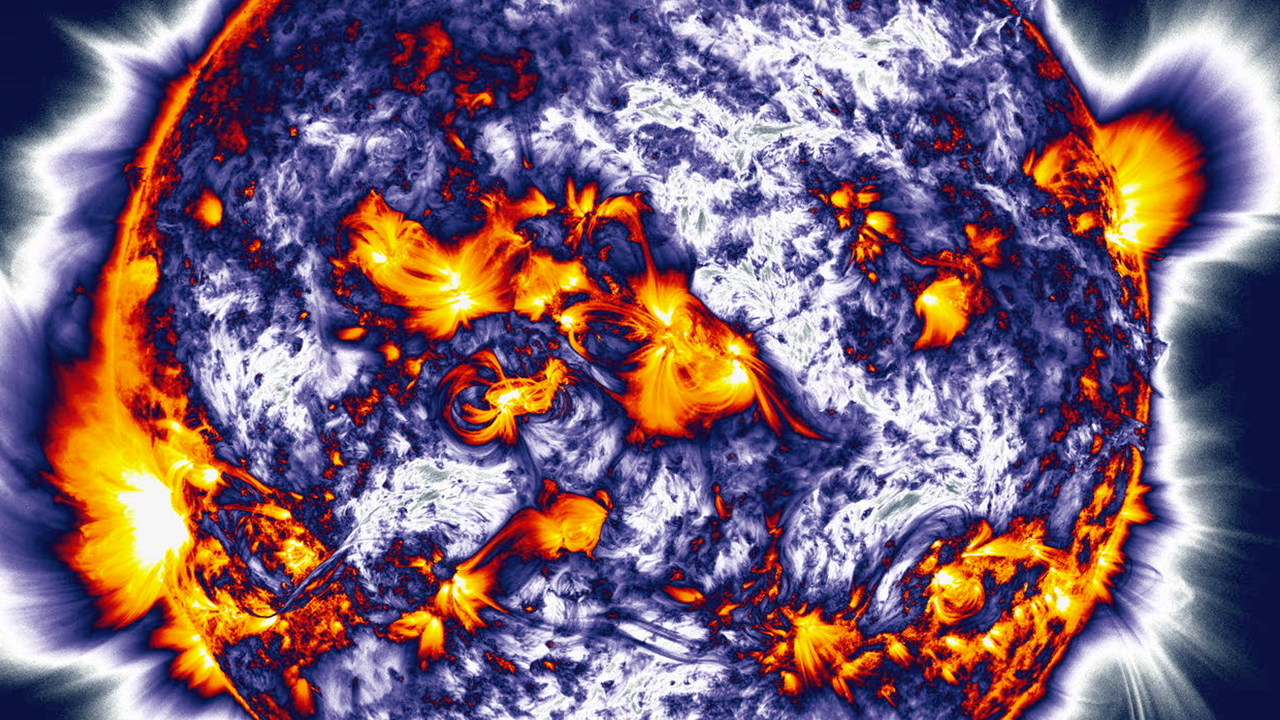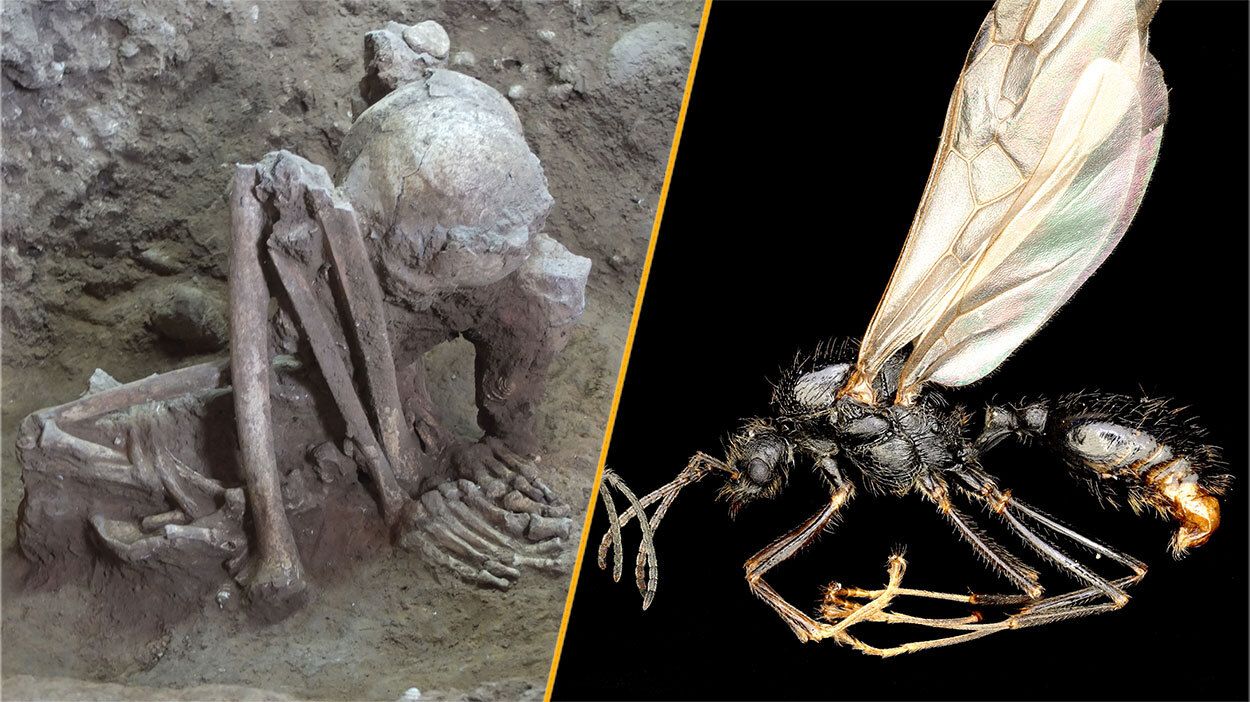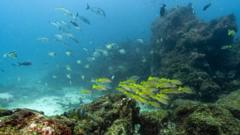NASA Records More Than 6,000 Exoplanets and Counting
PositiveScience
NASA's recent tally reveals over 6,000 exoplanets, showcasing the vastness and diversity of our galaxy. This milestone not only highlights the advancements in space exploration but also fuels curiosity about the potential for life beyond Earth, making it a significant moment in our understanding of the universe.
— Curated by the World Pulse Now AI Editorial System
